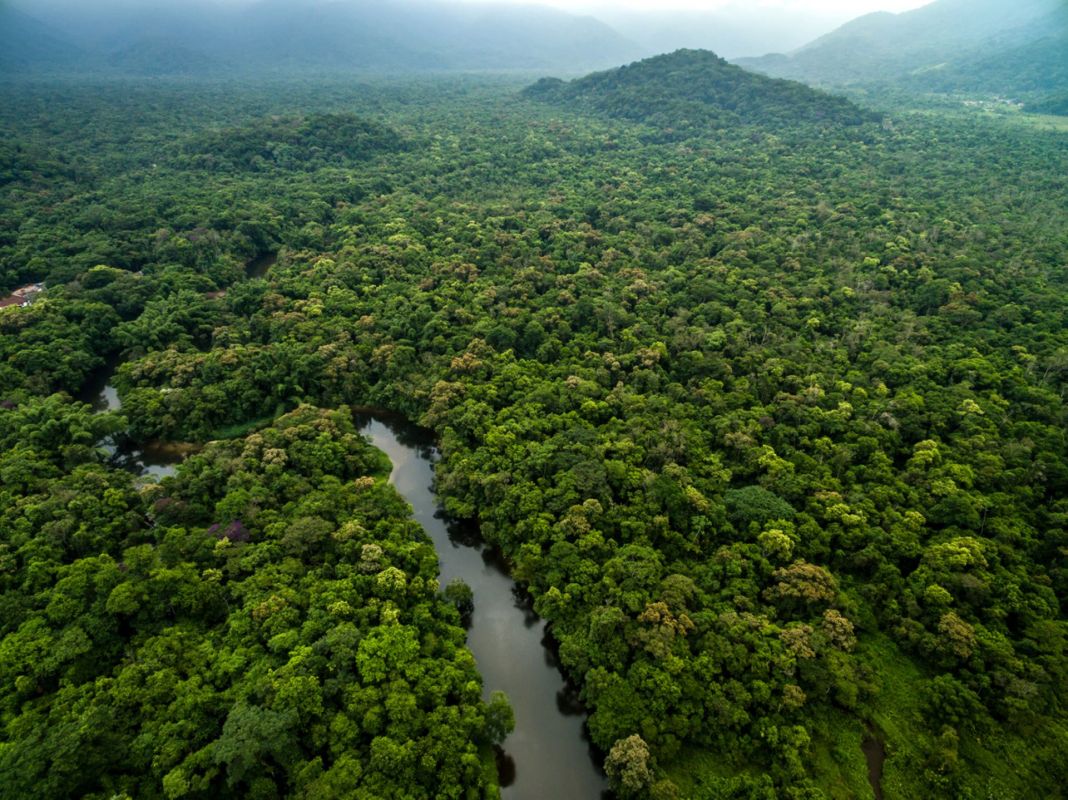A tree that was declared extinct nearly two centuries ago has resurfaced in Brazil, which scientists have deemed an "incredible find."
The Pernambuco holly (Ilex sapiiforumis) was found by scientists in the Brazilian city of Igarassu by a group of expeditioners who spent six days looking for it. The researchers were able to spot the tiny white flowers on the plants in the city — which has become heavily urbanized.
"It seemed that the world had stopped turning its gears. Nature surprises us. Finding a species that hasn't been heard of in nearly two centuries doesn't happen every day. It was an incredible moment," said project team member Juliana Alencar.
Another team member noted that the experience was "like finding a long-lost and long-awaited relative that you only know by old portraits."
The holly was the ninth "most wanted" lost species — a list that comprises over 2,000 species across 160 countries. Groups like the International Union for Conservation of Nature have banded together to try to find these most wanted species, and finding the Pernambuco holly was just one small victory.
Expedition leader Gustavo Martinelli shared that the work was not over yet. The group and its partners plan to start a captive breeding program for the tree to ensure its population will live on for decades.
The Pernambuco holly isn't the only species that has made a comeback in recent years. Scientists found evidence that the Santa Cruz kangaroo rat, a species impacted by mining and land change, has made a resurgence in the region. Meanwhile, in New Zealand, scientists have found ways to develop alternative habitats for Kakapo birds, which were originally hunted to extinction.
However, it's rare that tree and plant species get the same media attention as charismatic fauna like birds and mammals.
Plant species like the Pernambuco holly play a role in habitats and the ecosystems of their respective regions and deserve the same attention. Still, this major discovery in Brazil should serve as an example that there is hope out there for "near-extinct" species of all types.
Join our free newsletter for cool news and cool tips that make it easy to help yourself while helping the planet.









